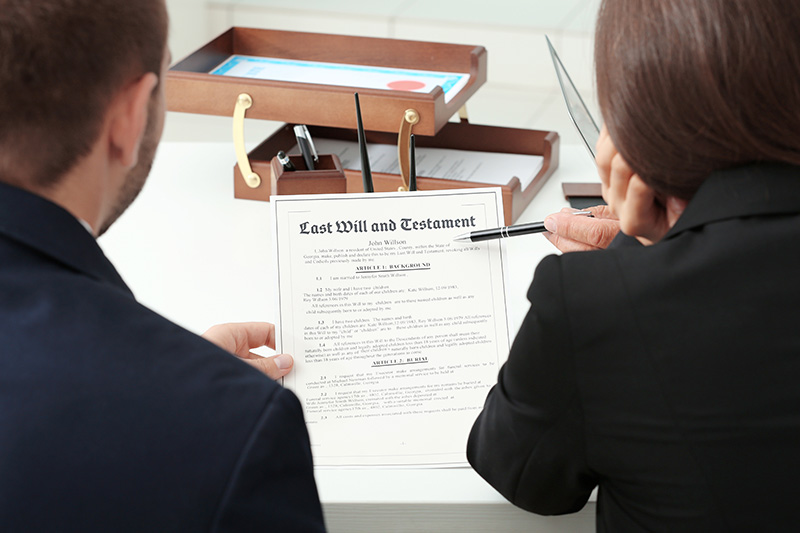
We are often asked the question, “Why make a Will when it can just be challenged anyway? It seems like courts do not uphold a person’s wishes even if there is a Will, so why bother?”
You should definitely make a Will for many reasons. Most importantly, so that your family is not left with uncertainty or undue complexity in estate administration.
The consequences of not leaving a Will can often mean the end of close family relationships and unnecessary legal fees.
If you DO have a valid Will then you have a say in who distributes your estate as the executor and how your estate is divided. With a solid estate plan, your executor will be able to administer your estate in a tax-effective way.
If you DON’T have a valid Will, the law sets out the way your estate will be distributed based on your legal family relationships that exist when you die. The distribution of your estate depends on who in your family survives you.
The problem is… this division may not be what YOU had in mind for your family and your circumstances. Would you feel comfortable about your estranged (but not yet divorced) spouse, or your estranged parent, child, or (half-)sibling taking a share of your estate?
How about those gifts to your nieces and nephews who treated you so well? How about the forgiving of debts? What about family heirlooms? What if you wanted to make sure your own mother who lives with you gets to continue living in your house after you’re no longer around? How do you adequately account for asset protection for your children and their children after them if they come into a large amount of cash or assets, particularly if there are risks of marital breakdowns or if your beneficiaries fall into bankruptcy?
It is true that even if you did everything right and made a Will, then your Will can still be challenged to say that they should have received more.
However, this does not mean that just anybody can make a challenge on your Will and any challenge will result in your Will being changed. This is not the case.
Firstly, the legislation provides that only certain persons, such as children, spouses, can make challenge on your Will. This law exists to ensure that you provide adequately for people for whom you have an obligation to provide. It is, however, not easy for the person challenging the Will to show that the Court should intervene to fix it.
This brings us to our second point. It is difficult for someone to make a challenge on the estate even if they are an eligible person, particularly if their only intention is that they have their eyes on a larger pay-out from the estate without showing that there was an existing dependency or that they have not been adequately provided for.
The Court has no power to equalise the estate, distribute it according to some standard of fairness, or re-write the Will just because someone kicks up a fuss. The Court will, as much as possible, try to maintain the terms of the Will and will only disturb the terms to the minimal extent necessary to adequately provide for the applicant.
Even if it is possible for an eligible person to challenge a Will, it is not an easy journey. Proper estate planning will give you the opportunity to address the potential issues that may arise by ensuring you adequately provide for everyone who needs to be. This will also allow you to put in place measures that will act as shields to allow your executor to be able to defend your wishes in the face of a challenge to your Will.
So, you should bother – don’t leave it up to chance. You should bother to invest in the peace of mind for you and your family. You should bother to ensure that those who you leave behind know what you want to happen. And you should bother to plan this early.
Here at Farrar Gesini Dunn our specialised estates team deals with making Wills, estate planning, administering estates, contesting Wills, challenging Wills, and defending Wills. If you need advice about a challenge to a Will in Canberra, New South Wales, or Victoria, then give us a call:
Sydney
Phone
Melbourne
Phone
Canberra
Phone
Coffs Harbour
Phone

Article By: Gillian Hunter
Director – Estate Lawyer
Having spent the last 3 years in government where she led a team administering complex estates, Gillian has returned to private practice with a refined knowledge framework and an eagerness to work with private clients once again. Gillian brings empathy to her practice and is focused on preserving relations in the resolution of disputes, where possible.